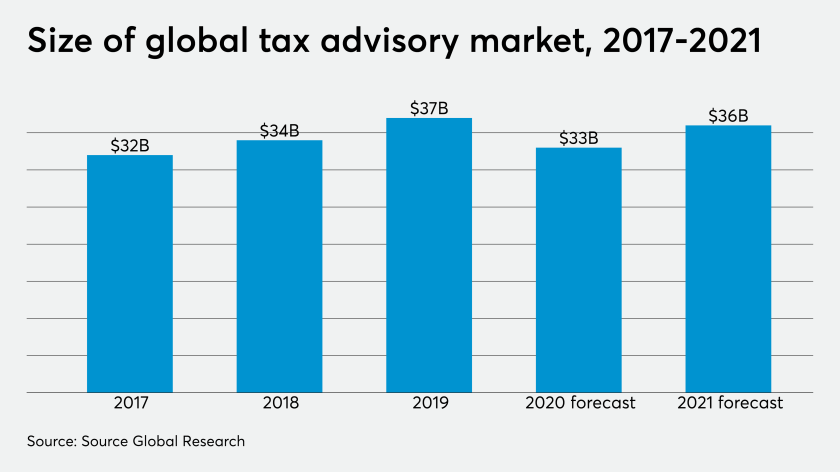2020 introduced a number of unprecedented situations that have required some massive adjustments. And now, with the tax filing season upon us, a raft of brand new challenges await ahead of the April 15 deadline.
Chief among them: uncertainty around the economic stimulus given to American taxpayers as part of the Coronavirus Aid, Relief and Economic Security, or CARES Act.
Last spring, in the throes of the first round of stay-at-home orders across the country, American taxpayers received up to $1,200 per person, with an additional $500 per qualifying child, of economic stimulus. How much was determined by the number of people in a respective household, and the taxpayer’s or household’s adjusted gross income for 2019 or 2018.
Sounds straightforward so far, right? Well, in a recent virtual seminar I conducted, it seemed that, as many professionals have begun to get their ducks in a row to help their clients in 2021, they’re not finding it to be so simple.
The Internal Revenue Service is once again depositing the latest round of Economic Impact Payments in the wrong bank accounts in a replay of problems experienced last year by many taxpayers.
Tax advisory firms took a projected $3 billion hit on their revenues around the world last year because of the coronavirus pandemic, according to a new report.
The U.S. Small Business Administration and the Treasury Department relaunched the Paycheck Protection Program on Monday to new borrowers, prioritizing loans from community lenders.
Chief among the questions I received was whether a tax professional needs to know how much stimulus a taxpayer received. The answer to that question is “Yes,” and somewhat surprisingly, that creates a potential complication.
Why? Well, for starters, many taxpayers have undergone a series of life-changing events: everything from migrating to virtual work to setting up their kids for remote schooling. As a result, these spring payments seem like they were doled out about 10 years ago. There are a large number of taxpayers who simply don’t remember how big of a check they received from the government.
Of course, along with those checks came documentation that taxpayers may have filed away. But that letter was discarded by many. Why? Some simply did so in haste, while others might not have thought it would be relevant to their 2020 return.
Whatever the reason for a missing paper trail, taxpayers who used direct deposit should be able to track down this exact sum on their bank statement. But for those who were issued checks or prepaid cards, it might cause a hiccup in the process, and in some cases, delay return preparation this spring.
Individuals have their questions, too. After consulting with tax pros, I’ve been told that many taxpayers are unsure if the stimulus was a loan that needed to be paid back. The stimulus, of course, was not a loan and doesn’t need to be paid back to the government, unlike business owners who took out loans as part of the Paycheck Protection Program that haven’t been (or won’t be) forgiven. But the fact that more than one tax professional said they had clients ask could be a harbinger for a season where filers are coming in with a lot more uncertainty than usual.
Now, as a second round of stimulus is starting to hit taxpayers’ bank accounts, it would behoove tax pros and payers alike to be diligent about documenting these payments. Forward-thinking tax professionals can get ahead of a new round of uncertainty by making sure their clients keep thorough records of anything, and that’s important. Because from all early indications, it seems like filing season is going to be filled with headaches: a cherry on top of the 2020 sundae.








